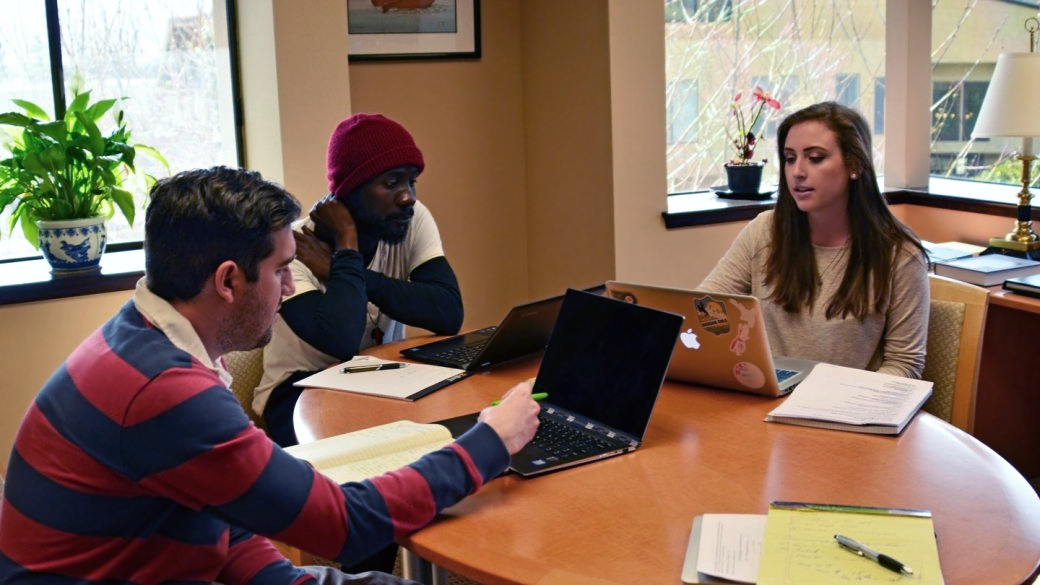Students Help Draft New Trade Law for Myanmar

Students enrolling in the Institute’s International Trade and Economic Diplomacy (ITED) program expect to complete project work addressing current real-world issues—but most don’t expect to end up drafting important trade legislation for another country’s government. Yet that’s exactly what happened this spring when three ITED students helped draft a new anti-dumping and countervailing duty (AD/CVD) law for the Republic of the Union of Myanmar.
“Being able to work with the government of Myanmar on evaluating and further developing its AD/CVD statute was an incredible opportunity that exceeded my expectations for the ITED program,” says Brigid Flay MAITED ‘18, one of the students who worked on the project. “Our usual trade research projects have all been worthwhile, but this was something really exceptional.”
The project came together when Program Co-Chair Robert Rogowsky was contracted by the U.S. Agency for International Development to comment on draft legislation proffered by the government of Myanmar. Professor Rogowsky then enlisted the help of his colleague Prof. Wes Small and three ITED program students—Flay, Richard Nworah, and Cameron Small—to re-draft the law as well as drafting the administrative procedures needed to implement the law.
“The students essentially started from a blank sheet and, using extensive research and some World Trade Organization (WTO) documentation, drafted a thorough and highly competent new law,” says Rogowsky. Myanmar initially joined the WTO in 1995, but is only now working to construct the legal and institutional structures needed for it to live up to its WTO obligations, as well as promote more rapid economic development.
“I believe the students’ experience provided three important lessons,” says Rogowsky. “First, that developing nations often have an arduous path to meet the legal, regulatory, and institutional obligations of membership in the WTO. Second, the students had a first-hand opportunity to discover how complicated and demanding it is to create even a relatively simple piece of trade law once you delve into the details of how it must operate. Third, I believe this was an eye-opening experience for these students, that provided an entirely new perspective on the operation of the global trading system.”
Flay agrees about the value of the group’s experience: “Participating in this project was a great opportunity to strengthen our knowledge of the entire antidumping and countervailing duty processes, which is extremely relevant to our futures as trade professionals.”
“I was flattered and humbled by the stellar performance of these students,” concludes Rogowsky. “Flattered because they performed so professionally, and humbled by the clarity and insight that they could provide in an area in which I had worked for decades.”
For More Information
Jason Warburg
jwarburg@middlebury.edu
831-647-3516
Eva Gudbergsdottir
evag@middlebury.edu
831-647-6606
